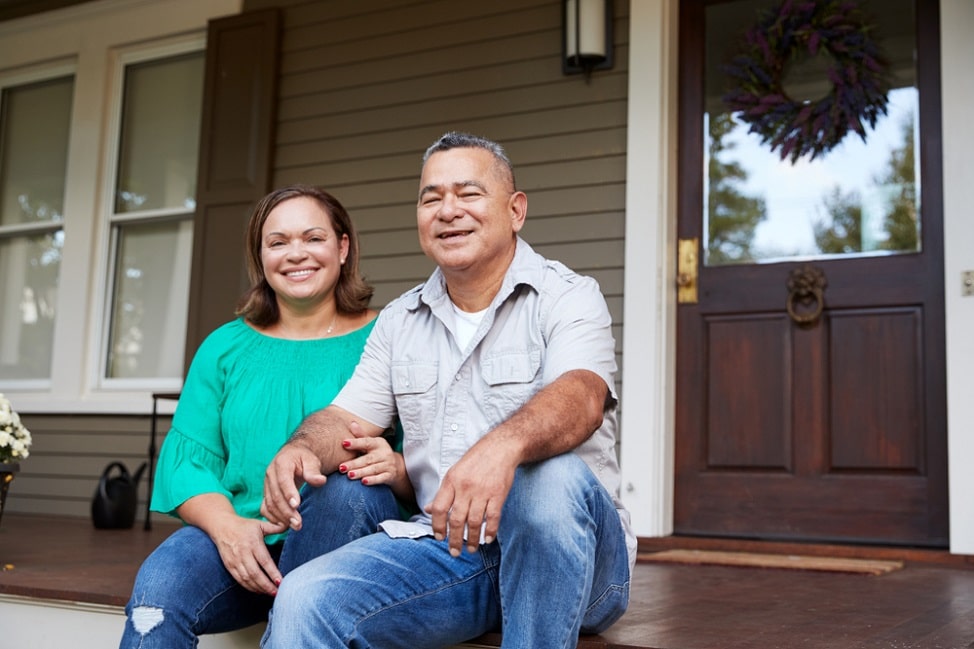
Many articles focus on the question of housing affordability for young people starting out, but few address what a retiree (or retiree-to-be) can afford.
For the first-time home buyer, the emphasis is on how much mortgage they will qualify for. It is taken for granted that their income will be rising in the future. This approach doesn’t help the retiree who may be facing a lower income. For the long-time homeowner, the emphasis should be on understanding the total home ownership costs and realistically projecting the full cost of home ownership over time.
If there’s one thing I’ve learned over 25 years as a planner, it’s that your housing decisions are significant because housing costs are large, not easily adjusted and, other than mortgage and taxes, not easily defined.
I am equally sure that very few of my clients know what their houses really cost them.
So let’s acknowledge from the start—our houses cost more than we are willing to admit. For some, it may be perfectly ok to stay put, but for others, it can be financially dangerous. Best to see the “writing on the wall” before the wall needs replacing.
This admission has real implications for financial planning because our success in making our assets last our lifetimes is heavily influenced by our spending, and if housing is a large component, we better get it right!
I’ve created a spreadsheet to help you calculate and anticipate what your home costs. You can access the spreadsheet here.
We begin with mortgage, insurance and taxes- the well-known, easy to identify costs.
Next, I list “regular maintenance” which consists of lawn and pool upkeep. Again, pretty easy to figure.
The next category is “irregular, regular maintenance”. These are things that happen on a regular basis, perhaps every year or two or three, but not on any set schedule. Your lawnmower breaks down, a tree needs to be trimmed, a drain is clogged, and a room needs to be painted.
The next category is called “major maintenance” and these are bigger ticket items that happen even less often, but need to be planned for. Here’s where the costs can add up. A new roof, painting the exterior, re-grading your driveway, improving your drainage, or replacing a major system (AC/furnace, well pump) are larger, more infrequent items.
To help you remember and budget for these items, the spreadsheet has an exhaustive list. Input what you think you spend and then spread the cost over 1 to 20 years to create an annual budget.
We recommend that our clients budget 1% to 2% of the fair market value (FMV) of their home towards regular and long-term maintenance. The exact percentage depends on the age of their home and how much of the value relates to the land versus the building. We prefer that they prepare a detailed budget, but at a minimum, they need to budget 1% to 2%. The spreadsheet allows you to see if your budget meets that guideline.
Renovations
If there’s one thing that homeowners overlook, it’s the fact that if our houses are to retain their value, they need to be refreshed periodically. Yes, some of us are okay with a 1980s kitchen, but most want to stay more up-to-date. If you consider the fact that the IRS allows for a building to depreciate over 27.5 years, it stands to reason that you may need to almost completely replace your home over 25-40 years. And if you don’t, it may be falling down around you. Many retirees simply delay maintenance, so as to keep costs down. It may work for a while, but ultimately it will catch up to you. And if you are banking on your home to pay long-term care costs or for a move to a more elderly friendly environment, you might be disappointed in what you get.
Mortgage Payoff
While it is certainly admirable to pay off your mortgage before you retire, my experience is that retirees and pre-retirees over-estimate the impact. In today’s world of low mortgage rates, paying off the last $100,000 of your mortgage, may free up cash flow, but isn’t saving you much in interest cost. You are still left with paying insurance, and property taxes, which will continue to go up. It rarely makes an unaffordable house suddenly affordable. For more information on this topic, read “Sometimes Paying Down Debt Isn’t a Good Idea.”
Add up all your costs to see what percentage of your retirement income, they represent. Then use the guidelines that are applied to new home buyers and try to keep housing costs at 1/3 of your overall gross income.
And stay tuned to this blog for more helpful information on retirement budgeting.